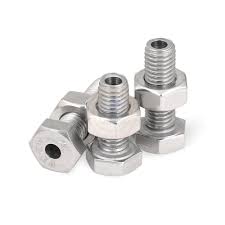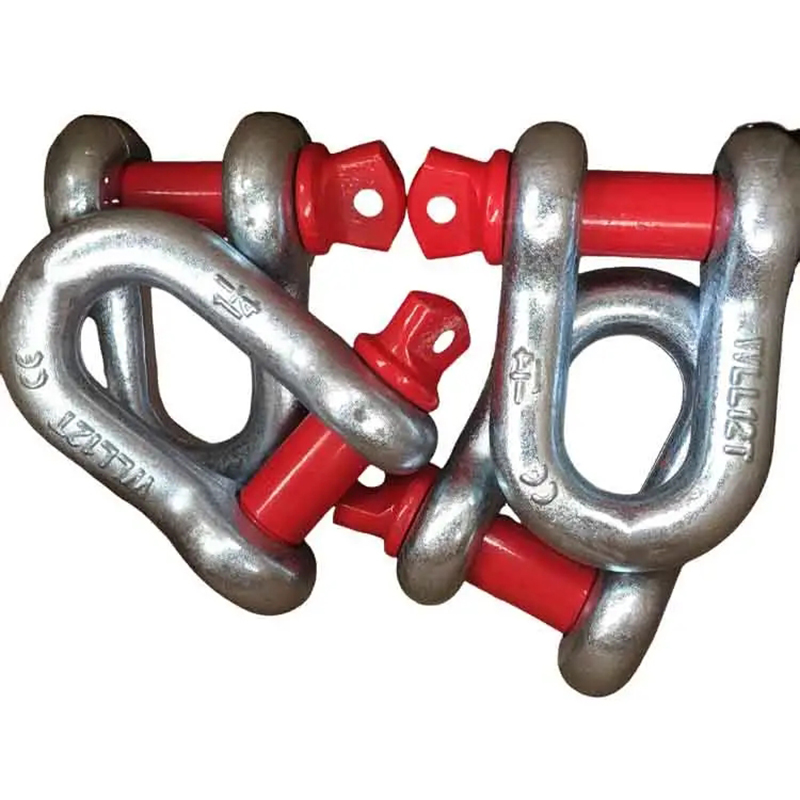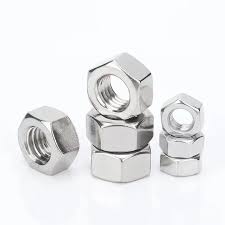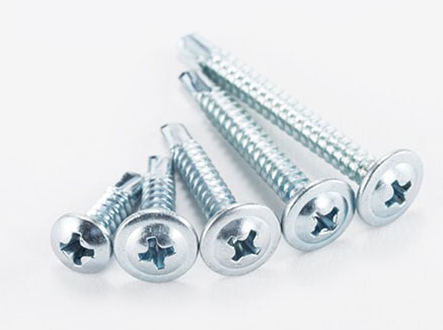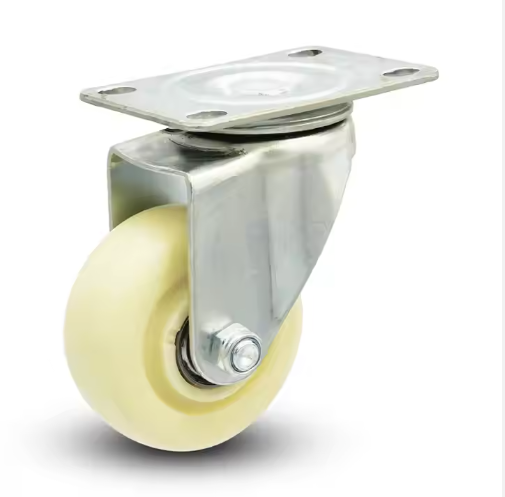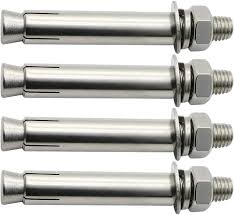Understanding the World of Nuts and BoltsThis comprehensive guide explores the diverse world of nuts and bolts, covering their types, applications, and selection. We'll delve into the crucial factors to consider when choosing the right fasteners for your project, ensuring strength, durability, and safety. From basic terminology to advanced applications, this guide provides practical knowledge for both DIY enthusiasts and professionals.
Types of Nuts and Bolts
The market offers a vast array of
nuts and bolts, each designed for specific applications. Understanding the different types is crucial for selecting the appropriate fastener for your project.
Common Types of Bolts
Machine Bolts: These are typically used in applications requiring high strength and precision, often found in machinery and equipment. They usually require a wrench for tightening. Carriage Bolts: Featuring a rounded head and a square neck, these bolts are frequently used in wooden structures and applications where a countersunk head is desired for a flush surface. Hex Bolts (or Hex Head Bolts): The most common type, featuring a hexagonal head, they are widely used across various applications due to their versatility and ease of use with standard wrenches. Eye Bolts: With a loop at the end, these bolts are primarily used for lifting or attaching items to a structure. They are crucial in various applications requiring lifting capacity and secure attachment points. Anchor Bolts: Designed for secure fastening into concrete or other solid materials, they provide strong support for heavy structures and equipment. This is crucial for safety and structural integrity.
Common Types of Nuts
Hex Nuts: These complement hex bolts and are frequently used due to their versatility and ability to be tightened with a wrench. Wing Nuts: Designed with wings for easy hand-tightening, they're commonly used where frequent adjustments are needed. Cap Nuts: These nuts have a decorative cap covering the threads, often used for a more aesthetically pleasing finish. Flange Nuts: Featuring a wider flange under the head, they distribute the clamping force over a larger area, improving the strength and preventing damage to the material being fastened.
Selecting the Right Nuts and Bolts
Choosing the right
nuts and bolts depends on several factors: Material: The material of the
nuts and bolts (e.g., steel, stainless steel, brass) needs to be compatible with the materials being fastened and the environmental conditions. Stainless steel is often preferred for outdoor or corrosive environments. Thread Type and Size: Different
nuts and bolts use various thread types (e.g., metric, UNC, UNF) and sizes. Ensure compatibility between the
nuts and
bolts to ensure a secure fit. Incorrect threading can lead to premature failure. Strength and Load Capacity: The chosen fastener must have sufficient strength to withstand the anticipated load. Consider factors like tensile strength and shear strength when making your selection. The weight and stress on the joint are critical parameters. Application: Different applications call for different types of
nuts and bolts. For instance, a machine bolt is suitable for precision applications, while a carriage bolt might be ideal for wooden structures.
Beyond the Basics: Specialized Fasteners
Beyond the standard
nuts and bolts, specialized fasteners cater to specific needs and applications. These include: Self-Tapping Screws: These screws create their own threads as they are driven into the material, eliminating the need for pre-drilled holes. Rivets: These are permanent fasteners used to join materials together. They're often chosen for strength and where disassembly isn't required.
Resources and Further Learning
For a comprehensive selection of high-quality
nuts and bolts and other fasteners, explore the wide range available at Hebei Dewell Metal Products Co., LTD. You can find their extensive catalog and contact information on their website:
https://www.deweLLfastener.com/. This supplier offers a diverse range of options to suit various projects and needs. Remember to always consult relevant industry standards and safety guidelines when working with
nuts and bolts.
| Fastener Type | Material Options | Typical Applications |
| Machine Bolt | Steel, Stainless Steel, Brass | Machinery, Equipment |
| Carriage Bolt | Steel, Stainless Steel | Wooden Structures, Furniture |
| Hex Bolt | Steel, Stainless Steel, Alloy Steel | General Purpose, Construction |





